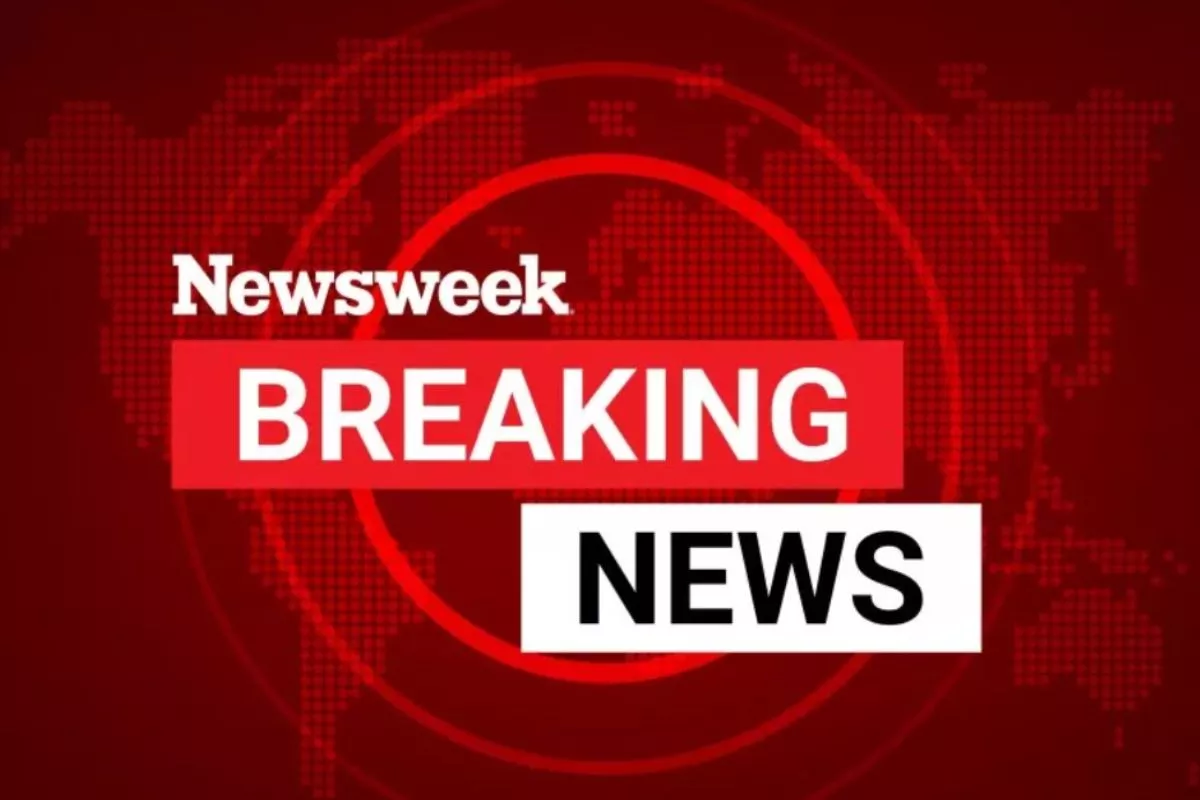Samoa's Health Chief Delivers Scathing Rebuke to RFK Jr. Over Controversial Measles Claims

During a tense Senate confirmation hearing, President Trump's nominee for Health and Human Services (HHS) faced intense scrutiny over a controversial 2019 trip to Samoa. Lawmakers grilled the nominee about his alleged attempts to minimize his involvement during a critical public health crisis that swept through the Pacific island nation.
Senators pressed the HHS nominee to provide a transparent account of his actions and communications during the epidemic, challenging his characterization of events and seeking to uncover the full extent of his role. The heated questioning highlighted growing concerns about accountability and the potential downplaying of a significant public health emergency.
The nominee found himself at the center of a political storm, with lawmakers demanding detailed explanations about his conduct during the Samoa outbreak. The hearing underscored the Senate's commitment to rigorous oversight and its determination to hold high-level appointees accountable for their past actions and decisions.
As the confirmation process unfolded, the Samoa trip emerged as a pivotal point of contention, revealing the complex dynamics between political appointees and legislative oversight in addressing critical public health challenges.
